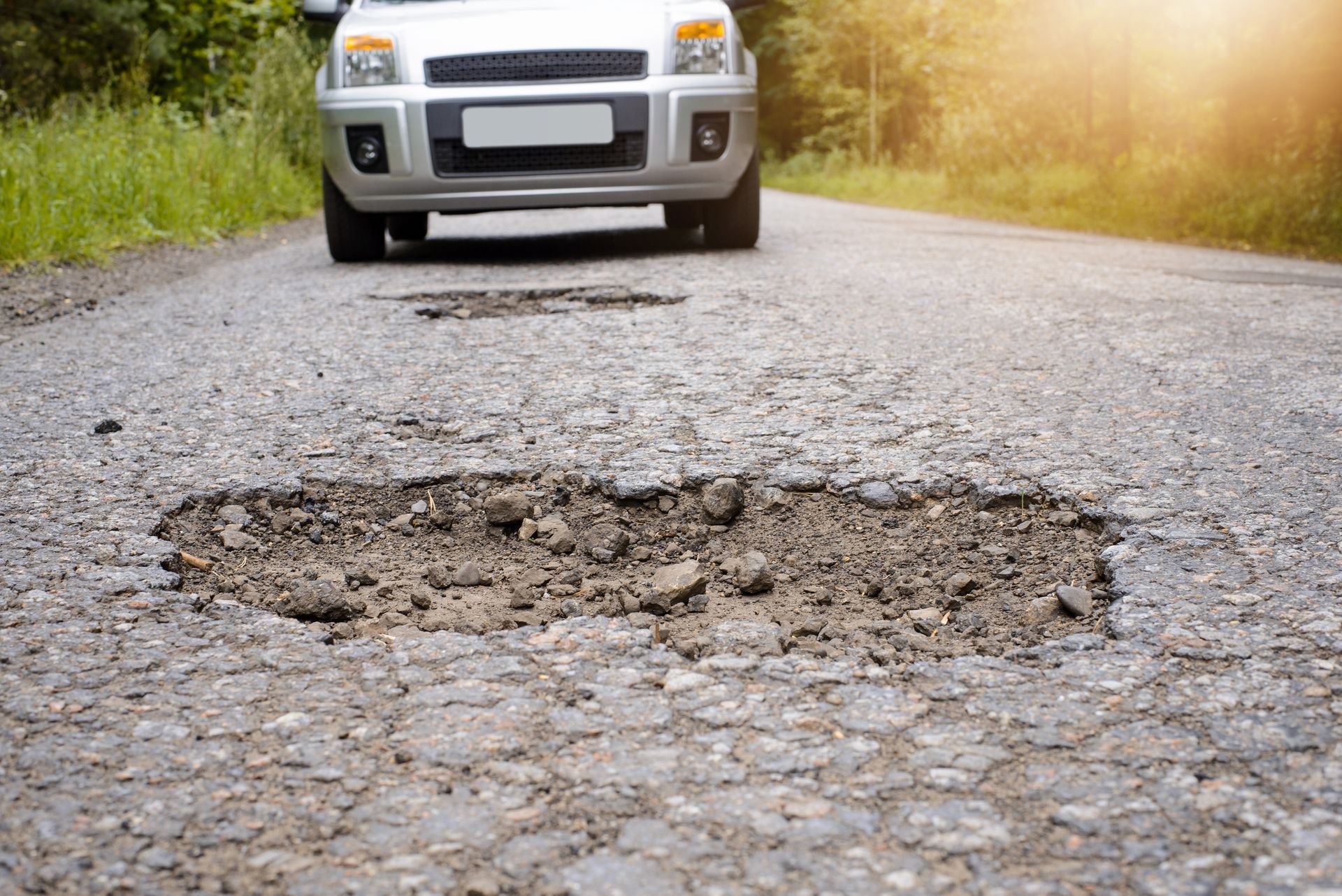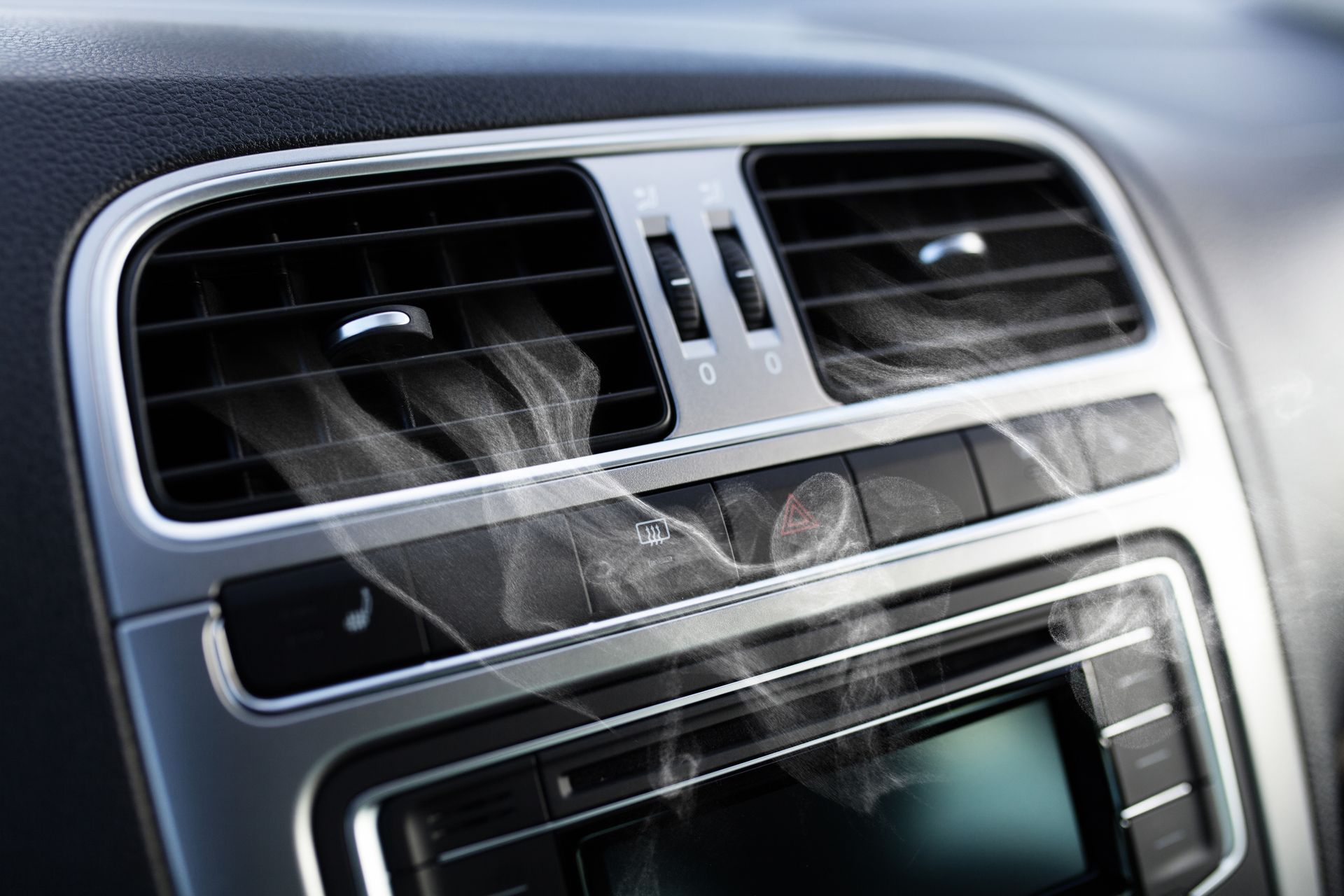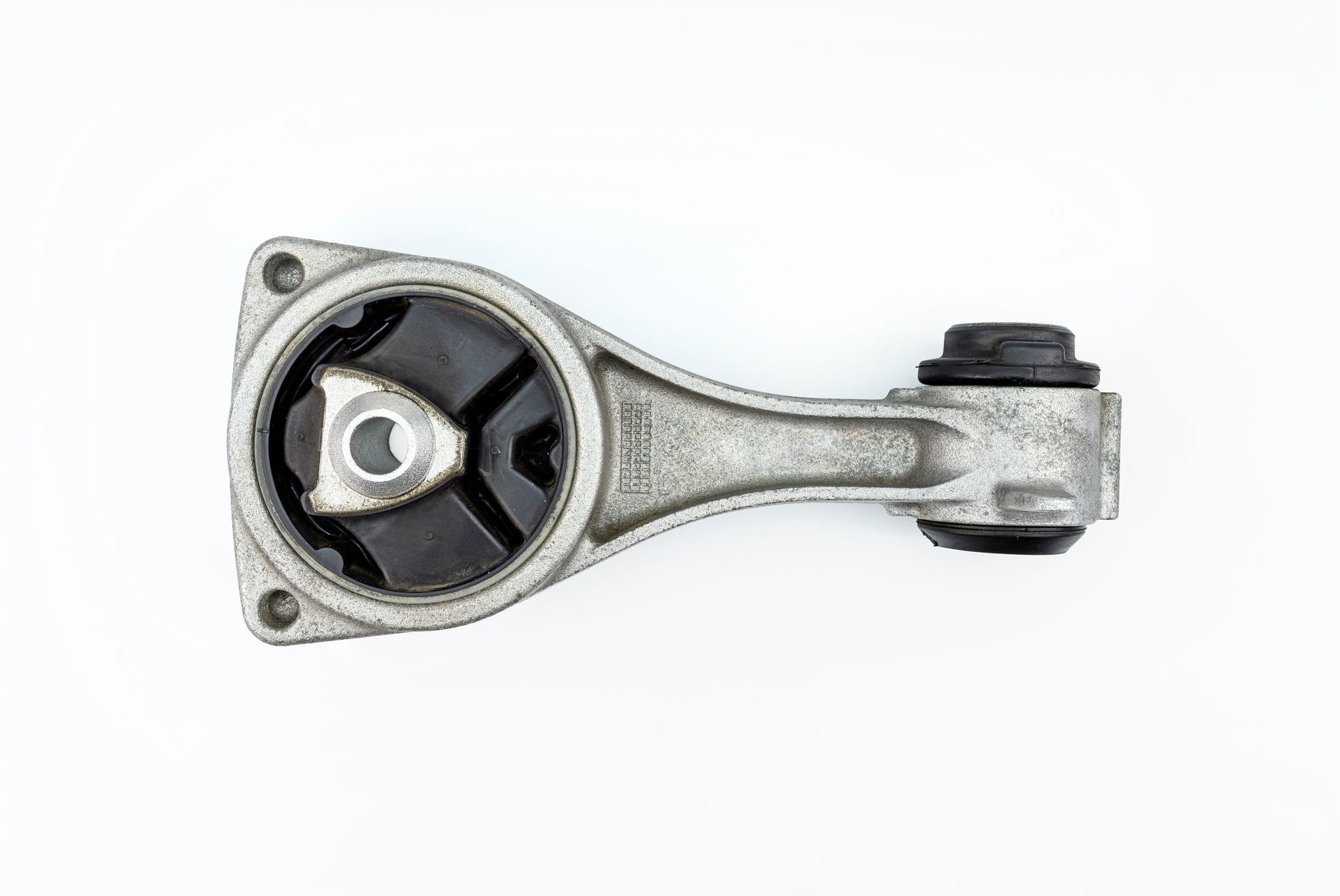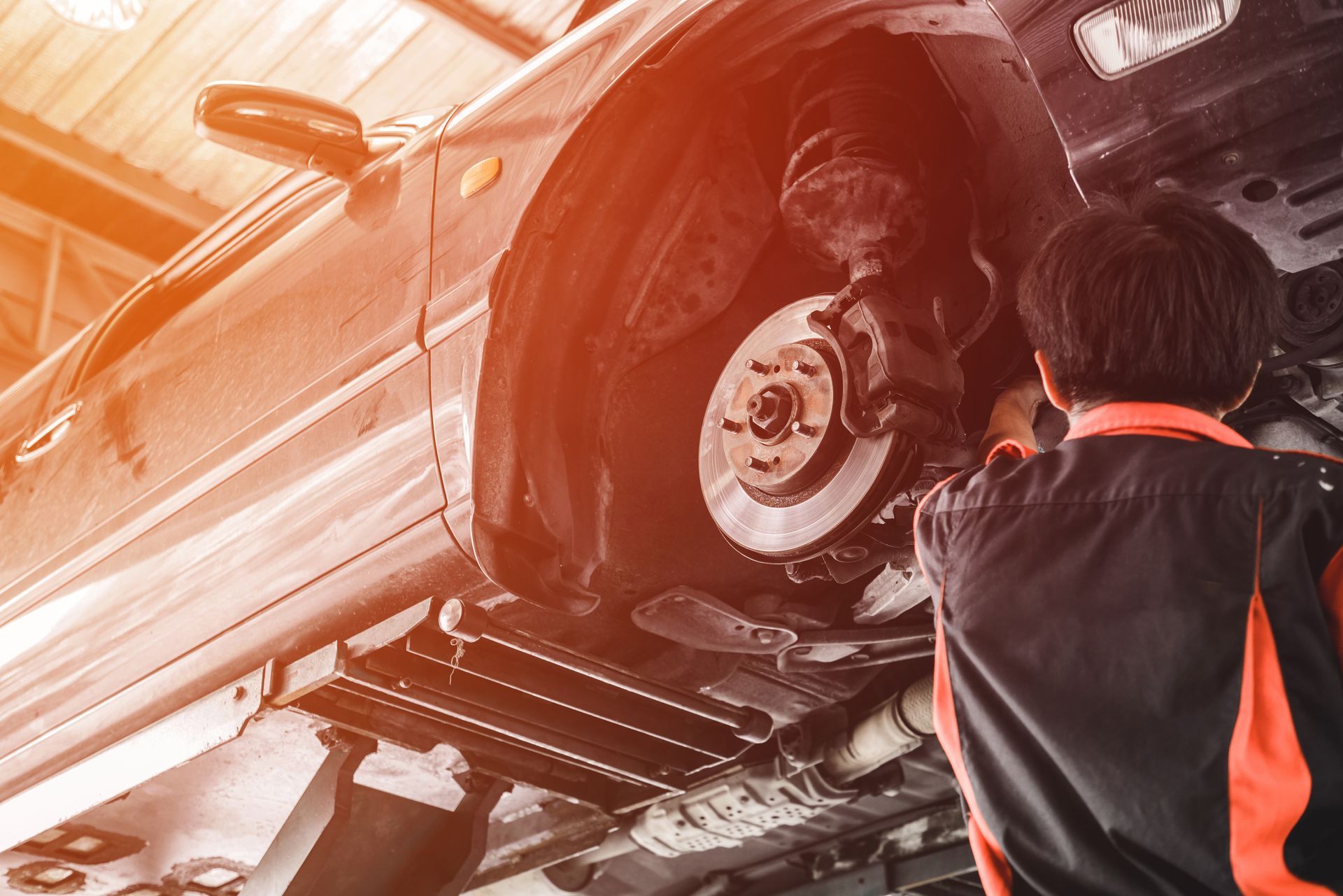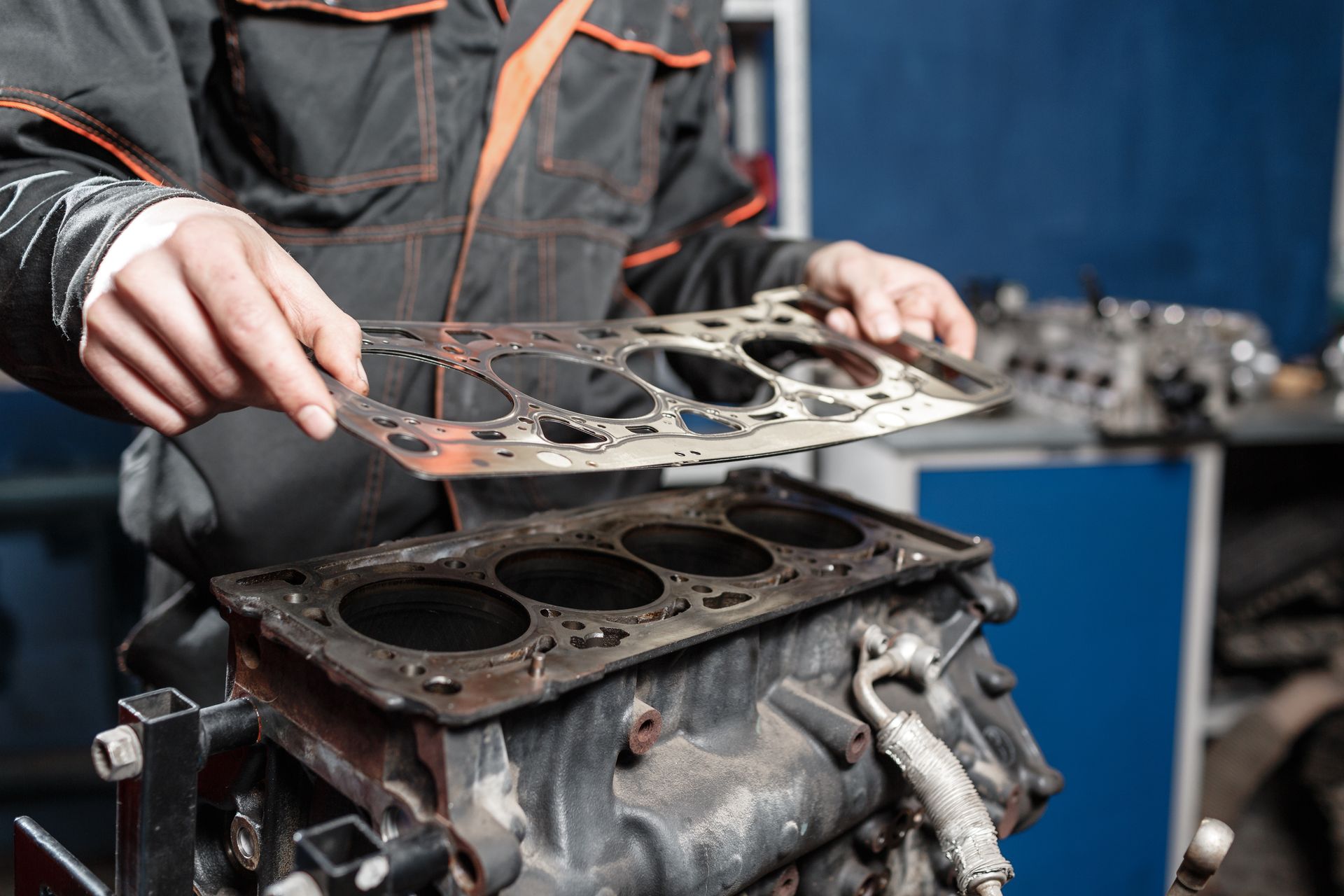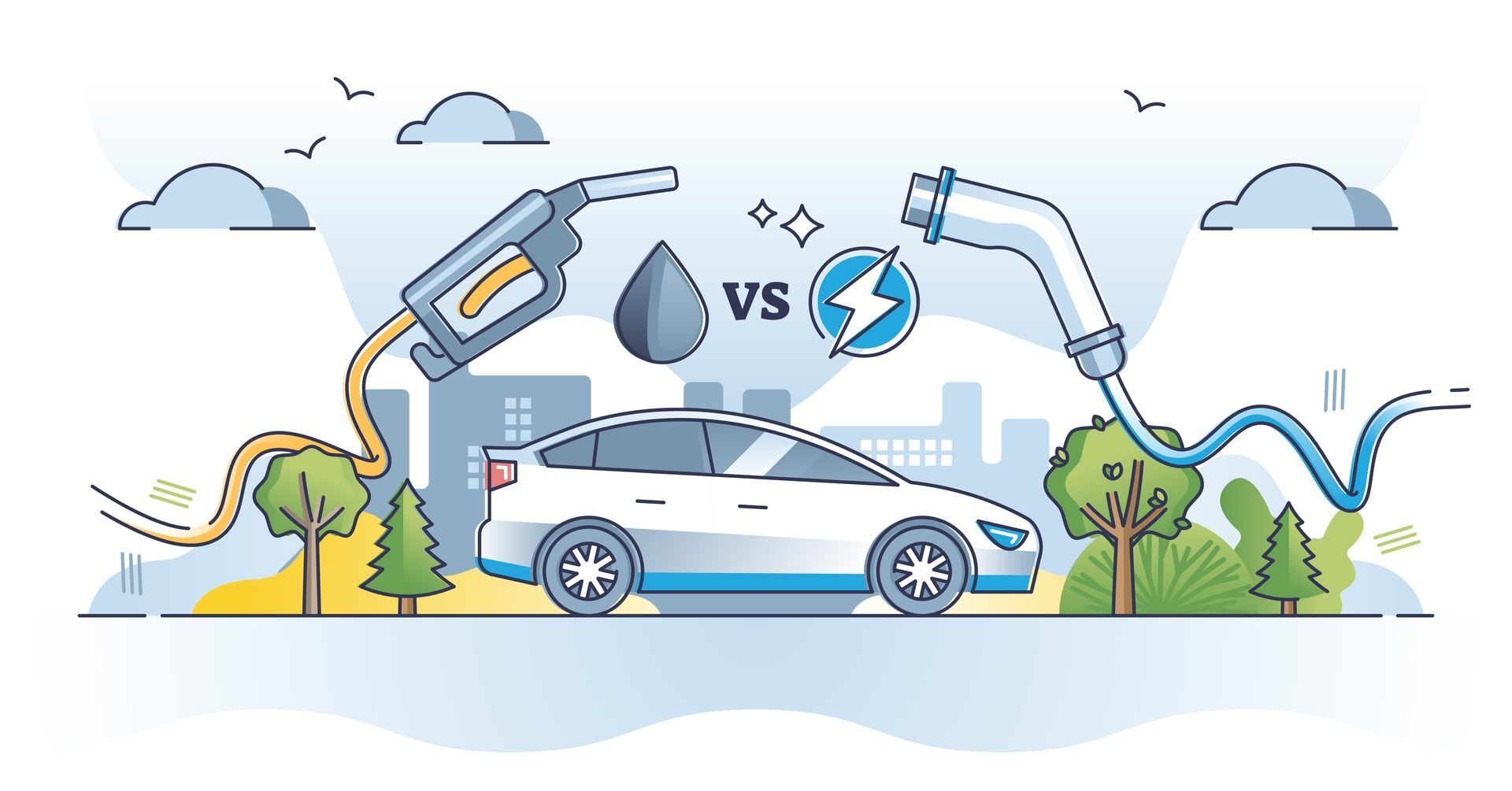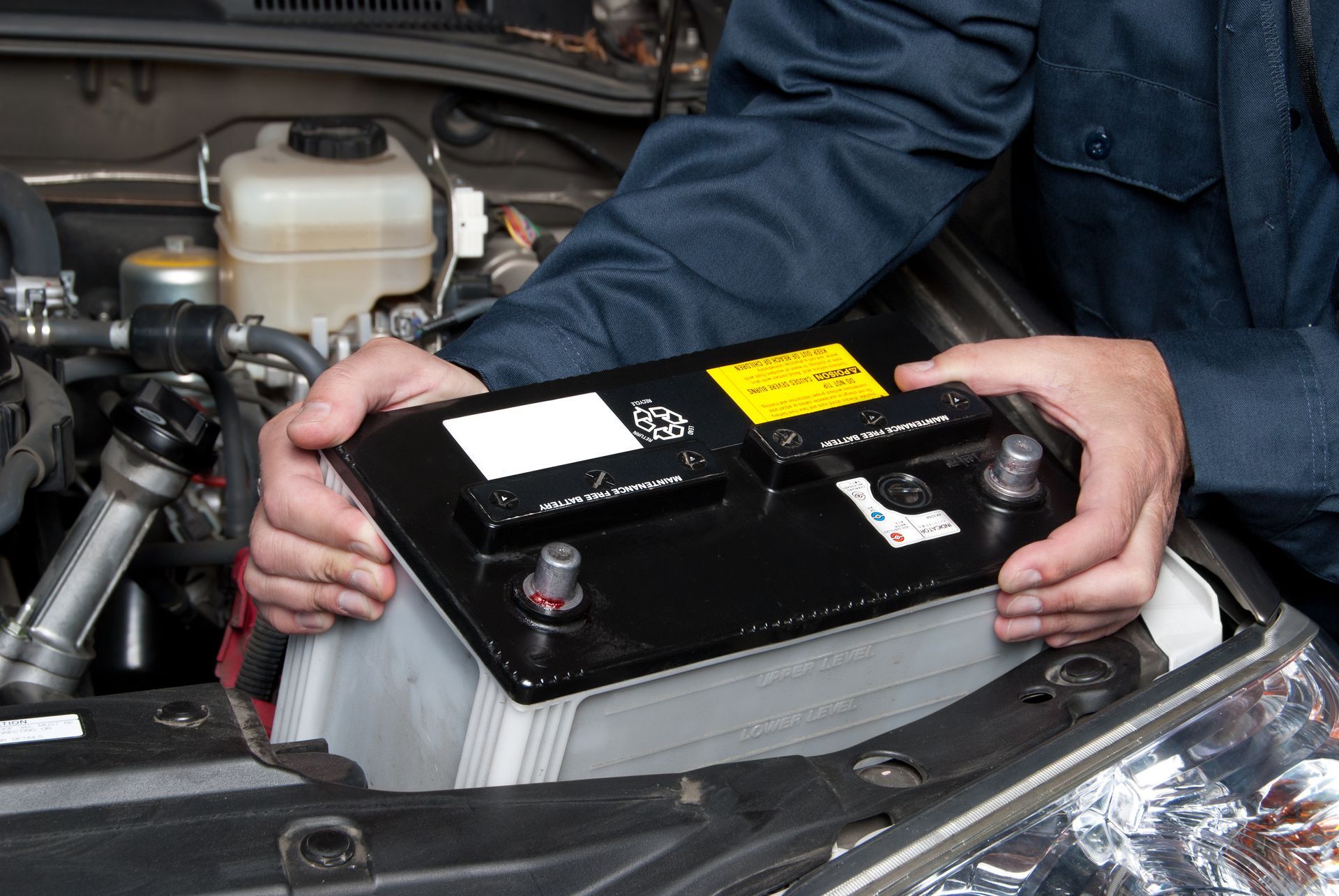Engine overheating can turn a pleasant drive into a stressful situation in no time. Whether you’re on a road trip or commuting to work, the last thing you want is for your engine to overheat. But why does it happen, and how can you prevent it? Let's dive into the five most common causes of engine overheating and explore practical steps to avoid them.
1. Low Coolant Levels
One of the primary reasons for engine overheating is low coolant levels. Coolant, or antifreeze, circulates through your engine, absorbing heat and transferring it to the radiator, where it is dissipated. Without adequate coolant, your engine can't maintain a safe operating temperature.
So, how do you ensure your coolant levels are adequate? Regularly check your coolant reservoir and refill it if necessary. Make it a habit to check your coolant levels before long trips and during routine maintenance. Also, inspect your coolant hoses for leaks, as even a small leak can lead to significant coolant loss over time.
2. Faulty Thermostat
The thermostat in your vehicle regulates the flow of coolant through the engine. When functioning correctly, it opens and closes to control the engine's temperature. However, if the thermostat gets stuck in the closed position, it prevents coolant from circulating, causing the engine to overheat.
Recognizing a faulty thermostat can be tricky, but some signs include fluctuating engine temperatures or the engine overheating shortly after starting. If you suspect your thermostat is malfunctioning, it's crucial to replace it immediately. Regular maintenance checks can help identify this issue before it becomes a major problem.
3. Radiator Issues
Your car's radiator is essential for cooling the engine. It dissipates the heat absorbed by the coolant. However, radiators can become clogged with debris, dirt, and rust over time, reducing their efficiency. Additionally, a damaged or leaking radiator can cause significant coolant loss, leading to overheating.
To prevent radiator issues, ensure it's clean and free of obstructions. Flushing your radiator periodically can remove buildup and improve its efficiency. Also, inspect your radiator for any signs of damage or leaks and have them repaired promptly to avoid overheating.
4. Water Pump Failure
The water pump plays a critical role in maintaining your engine's temperature by circulating coolant through the engine and radiator. Coolant flow is disrupted if the water pump fails, causing the engine to overheat. Signs of water pump failure include coolant leaks, a whining noise from the engine, and overheating.
Regularly inspect your water pump for leaks and listen for unusual noises. Replacing the water pump at the first sign of trouble can prevent a complete failure and avoid the costly damage that overheating can cause.
5. Blocked or Broken Hoses
Hoses carry coolant between the engine, radiator, and other components. Over time, hoses can become cracked, brittle, or blocked, impeding coolant flow and leading to overheating. Regularly inspecting your hoses for signs of wear, such as cracks, bulges, or leaks, is essential.
If you find any issues with your hoses, replace them immediately. Using high-quality hoses and clamps during replacement can ensure a secure fit and longevity, reducing the risk of future overheating.
Preventive Maintenance Tips
While understanding the common causes of engine overheating is crucial, taking preventive measures is equally important. Regular maintenance and timely inspections can save you from the headache of an overheating engine. Here are some additional tips to keep your engine running cool:
Regularly Check Fluid Levels
Beyond coolant, ensure your engine oil and transmission fluid levels are adequate. These fluids also play a role in regulating engine temperature.
Schedule Professional Inspections
Regular inspections by a professional mechanic can identify potential issues before they become severe. They can check your cooling system, thermostat, water pump, and radiator for any signs of trouble.
Use the Right Coolant
Different engines require specific types of coolant. Always use the recommended coolant for your vehicle to ensure optimal performance.
Monitor Engine Temperature
Keep an eye on your dashboard temperature gauge. If it starts to rise, take action immediately by pulling over and allowing your engine to cool down.
Keep your engine cool and your drives worry-free. Contact
Wrench Junkies today for professional maintenance and repair services tailored to your needs.

